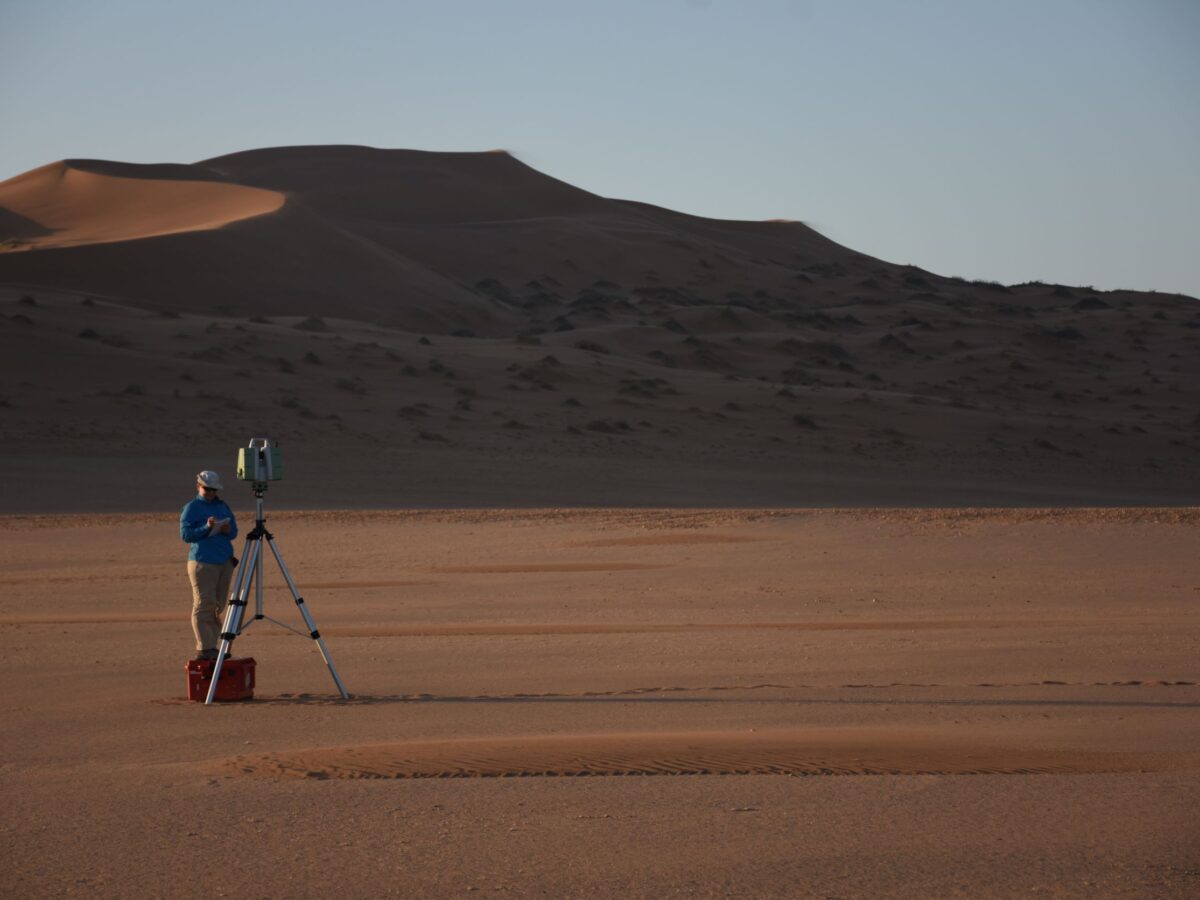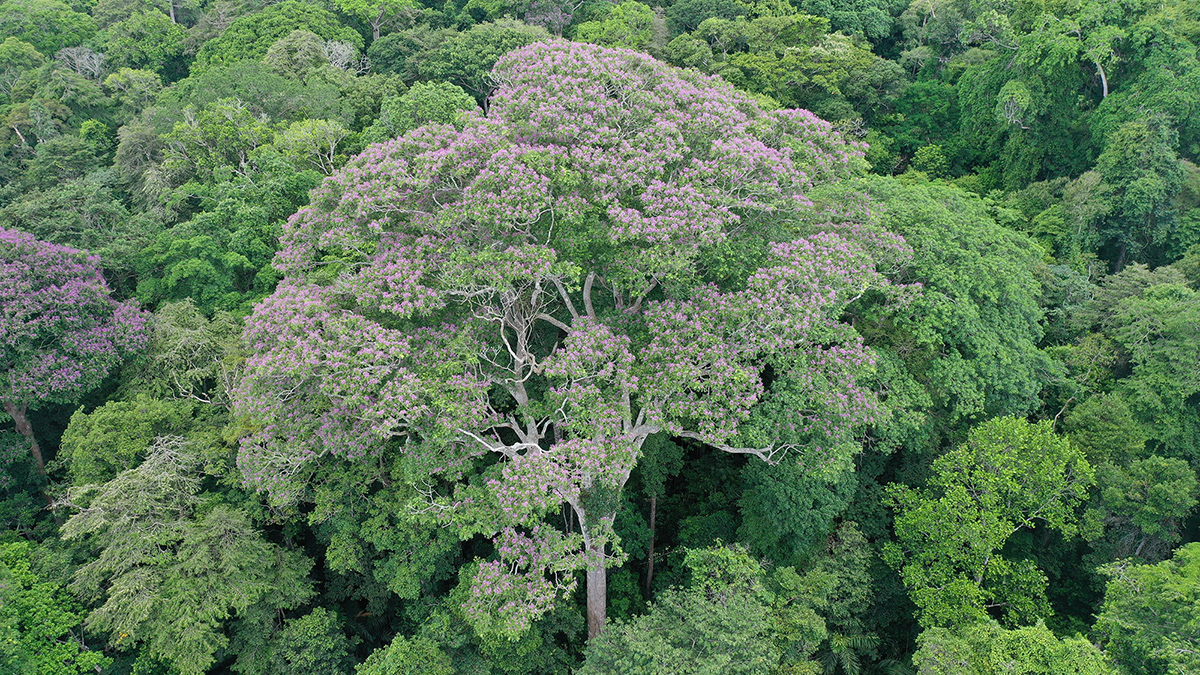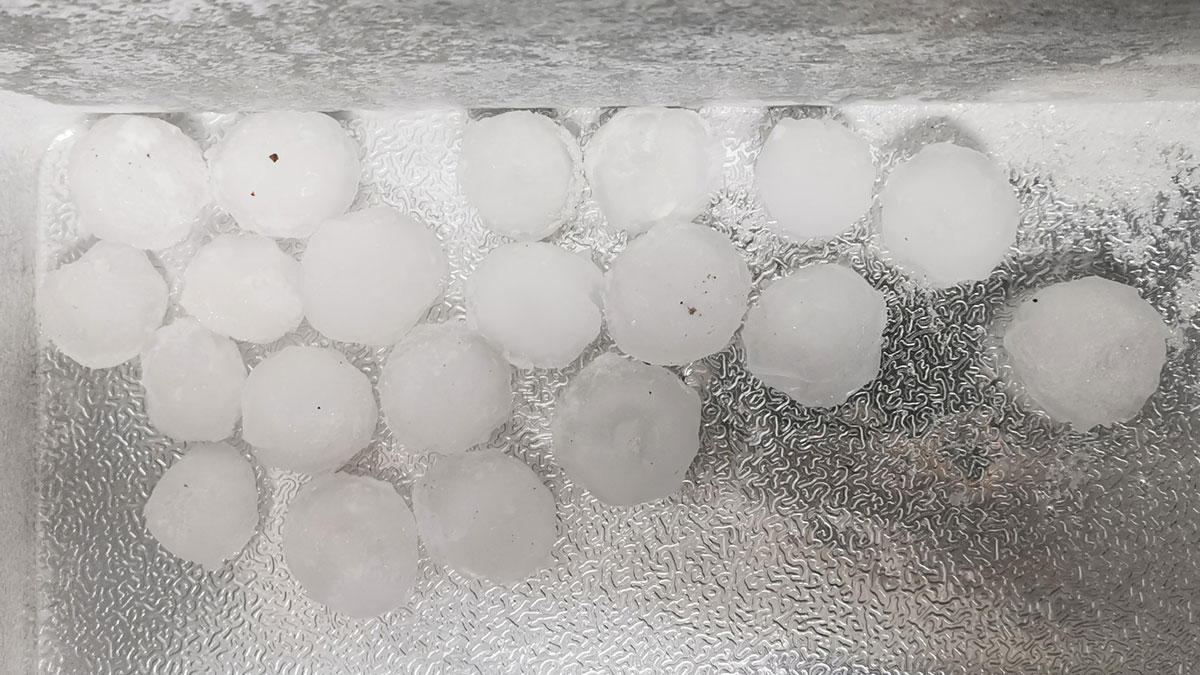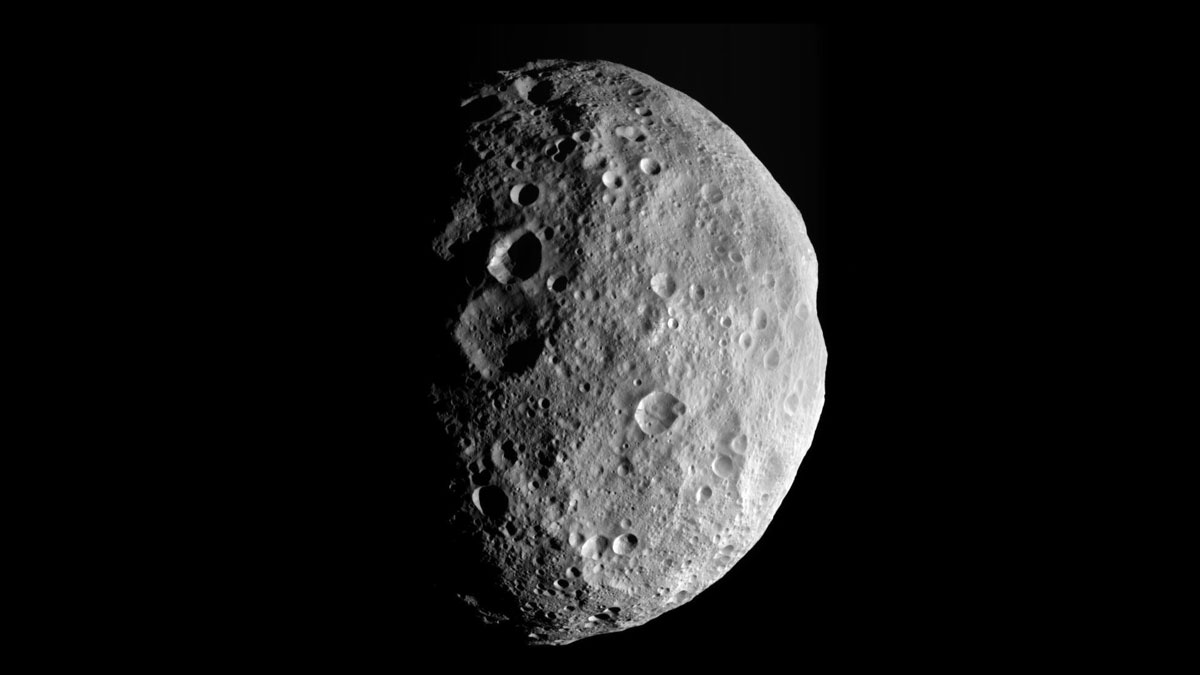Decoding how sand grains move and accumulate on Earth can also help scientists understand dune formation on Mars.
News
Algunos árboles tropicales se benefician de los rayos
Dos imágenes muestran el mismo árbol, antes (izquierda) y después (derecha) del impacto de un rayo. En la imagen de la derecha, el árbol no está cubierto de enredaderas leñosas y algunos de los árboles que lo rodean han muerto.
Tracking the Sediment Carried by the Muddy Mississippi
New research shows that typically, less than 10% of land-building alluvium reaches the Bird’s Foot Delta region, the southernmost reach of the river, where it meets the Gulf.
Is Your Shampoo Washing Up in Antarctica?
Researchers have found chemicals from personal care products like shampoo, deodorant, and laundry soap in Antarctic snow.
Los ríos de Brasil se están infiltrando
La extracción desmedida de aguas subterráneas podría estar obligando a los ríos a infiltrar agua hacia el subsuelo, según muestra un nuevo estudio. Las regiones con actividades de irrigación intensivas son las más expuestas a este riesgo.
Isotopes Map Hailstones’ Paths Through Clouds
Hailstones have been said to bounce up and down through clouds as they grow. A new study found that many stones take much simpler paths.
Climate Change Made Extreme Heat Days More Likely
A new attribution study shows every single extreme heat event since last May was made more probable by climate change.
The Late, Great Gaia Helps Reveal Asteroid Masses
Astronomers are using data from the recently decommissioned star-mapping satellite to help determine masses and more accurate orbits of celestial bodies closer to home.
As Climate Changes, So Do Gardens Across the United States
Warmer winter temperatures have altered frost patterns and growing seasons across the United States, forcing botanical gardens and arboretums to adapt.
Cheese in the Time of Industrial Farming and Climate Change
Grasslands and cows’ diets are shifting as the climate warms, but an agricultural experiment in France reveals the importance of providing cows with pasture.










